Medications - Medication Text AI Tool
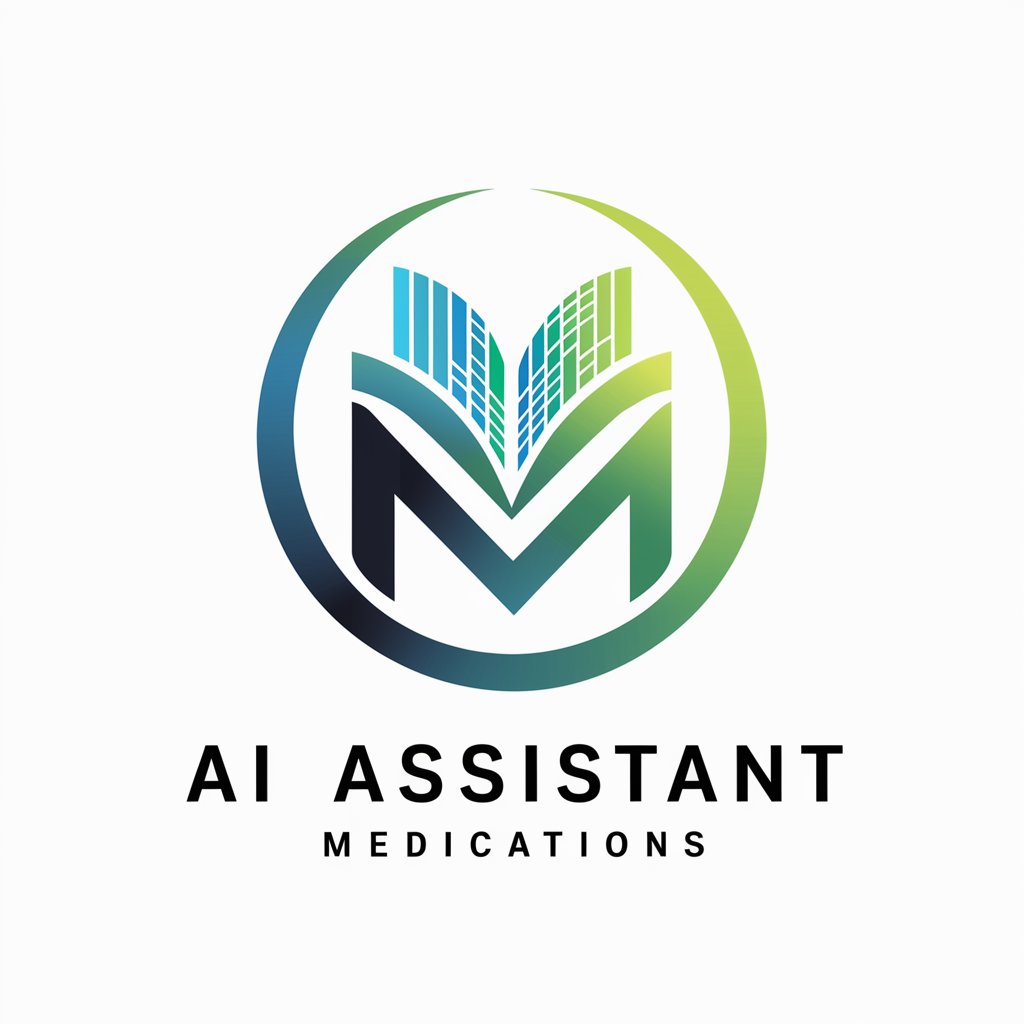
Hello! How can I assist you with your content creation today?
Empowering Healthcare with AI
Write a detailed analysis of the impact of AI on healthcare.
Generate a persuasive essay on the benefits of renewable energy.
Create an engaging story about a futuristic city driven by technology.
Draft a comprehensive business plan for a startup focused on sustainable fashion.
Get Embed Code
Overview of Medications
Medications is a specialized text generation system designed to assist in the creation, organization, and dissemination of information related to pharmaceuticals, patient care, and healthcare communication. This GPT model is tailored to provide accurate, up-to-date information on drug interactions, side effects, dosage guidelines, and much more. For example, a doctor could use Medications to quickly get information on the side effects of a new medication they are considering for a patient. Similarly, a pharmacist might use it to check for potential drug interactions when dispensing multiple medications. Powered by ChatGPT-4o。

Core Functions of Medications
Drug Information Retrieval
Example
Retrieving detailed drug profiles including mechanisms of action, indications, contraindications, and pharmacokinetics.
Scenario
A healthcare provider queries the system to understand the pharmacodynamics of Metformin for a diabetic patient.
Interaction Check
Example
Checking for potential drug-drug or drug-food interactions that could affect patient safety.
Scenario
A pharmacist uses Medications to verify potential interactions between Warfarin and Amiodarone in a patient's medication regimen.
Dosage Guidelines
Example
Providing recommended dosages based on patient age, weight, and medical condition.
Scenario
A pediatrician consults Medications for the appropriate dosage of Amoxicillin for a child with strep throat based on their specific parameters.
Side Effect Analysis
Example
Listing possible side effects and adverse reactions of medications to aid in patient counseling.
Scenario
A nurse uses Medications to prepare for a discussion with a patient about the potential side effects of chemotherapy drugs.
Target User Groups for Medications
Healthcare Professionals
Doctors, pharmacists, and nurses who need quick, reliable access to comprehensive drug information to make informed treatment decisions and provide patient care.
Medical Researchers
Researchers who are looking into drug efficacy, side effects, and new pharmaceutical applications, needing extensive, accurate drug data.
Healthcare Students
Medical, pharmacy, and nursing students who require detailed drug information and interaction checks for their studies and practical exams.
Healthcare Institutions
Hospitals and clinics that can integrate this system into their healthcare IT solutions to enhance the quality of patient information and care delivery.

How to Use Medications: A Step-by-Step Guide
Begin your trial
Start by visiting yeschat.ai to access a free trial of Medications without needing to log in or subscribe to ChatGPT Plus.
Explore features
Familiarize yourself with the various features offered by Medications, such as generating text for different medical scenarios, understanding drug interactions, or offering medical advice templates.
Define your needs
Identify the specific medical content you need, whether for educational purposes, professional healthcare communication, or patient information materials.
Customize your input
Provide detailed input to tailor the AI’s response to your specific context, which enhances the relevance and accuracy of the generated content.
Review and refine
Always review the AI-generated content for accuracy and relevance. Make necessary adjustments to refine the text according to your needs or regulatory requirements.
Try other advanced and practical GPTs
楽したいんです!簡単文章作成ツール
AI-driven Text Creation Simplified
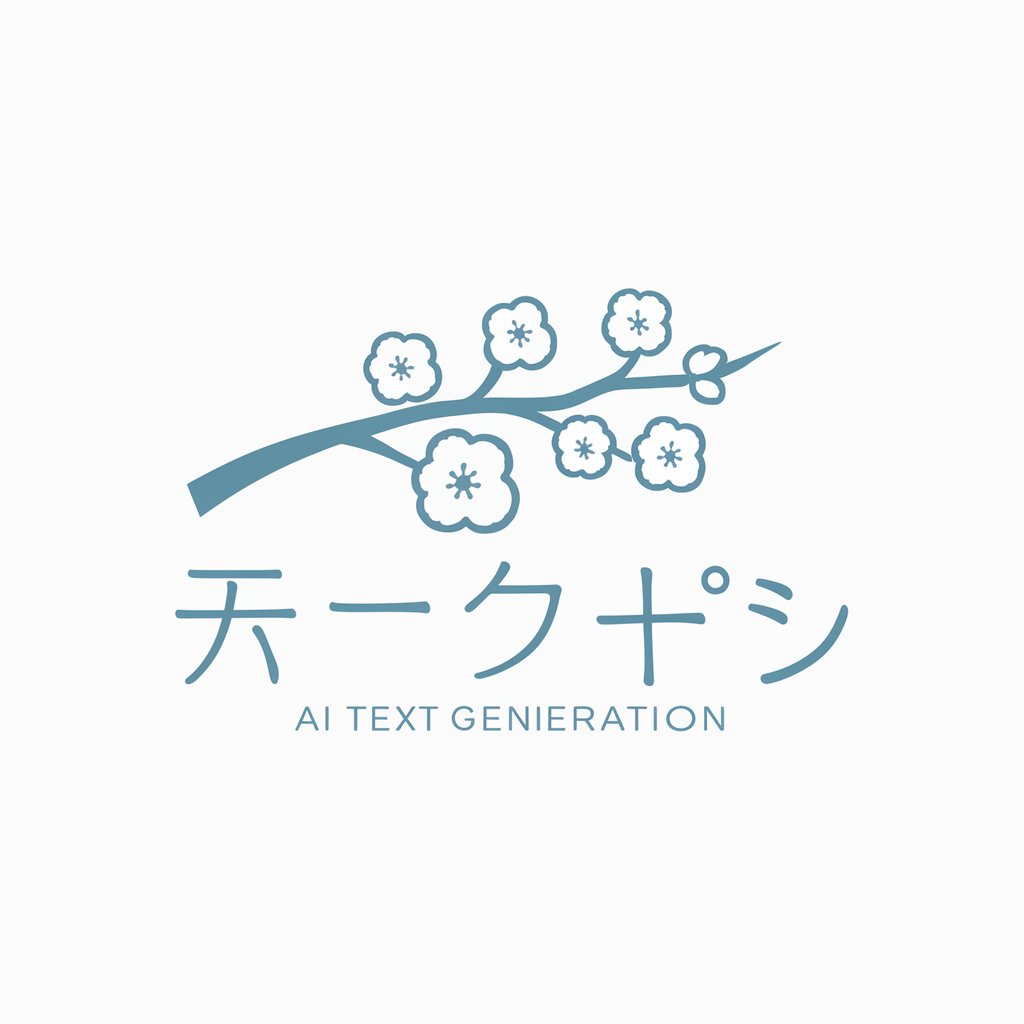
Brand Spark
Elevate Your Online Presence with AI-Powered Content Strategies

X Brand
Empowering Creativity with AI
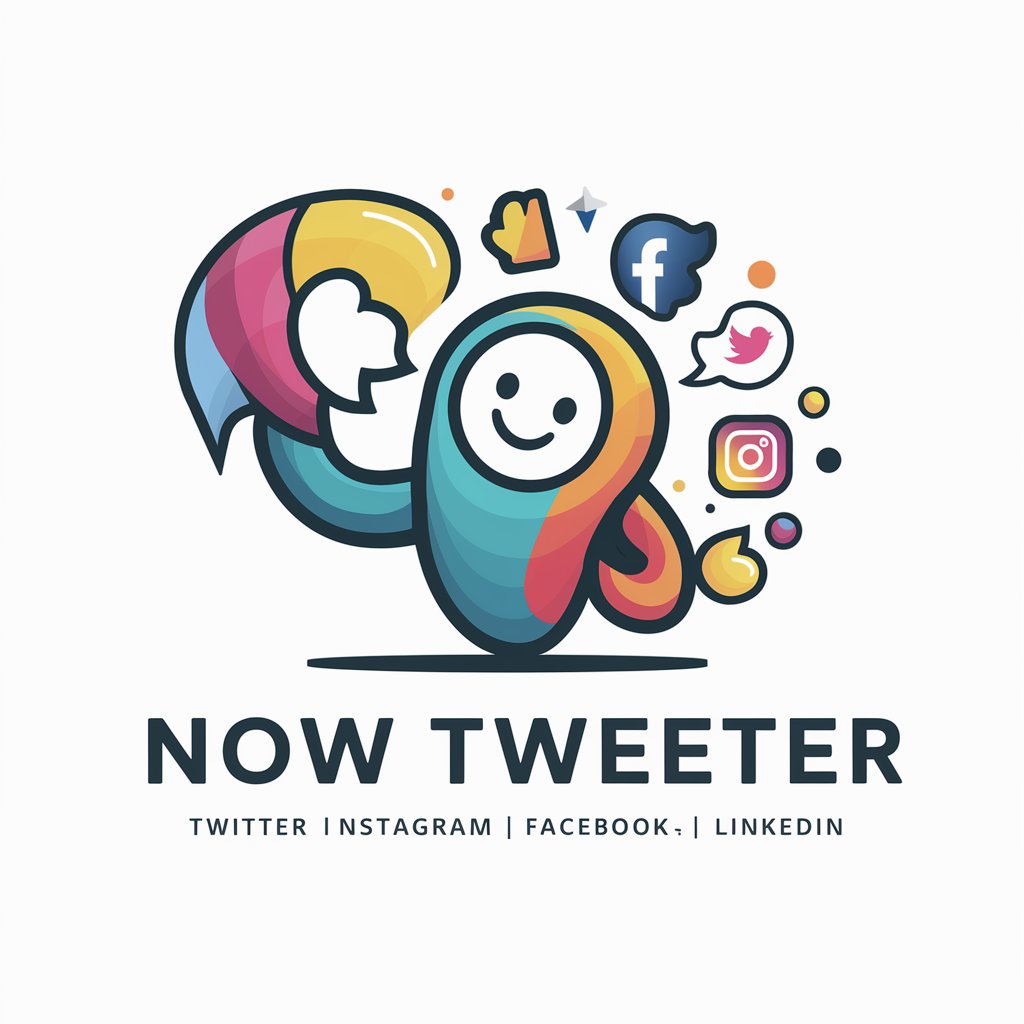
Brand Bard
Craft Your Brand's Voice with AI
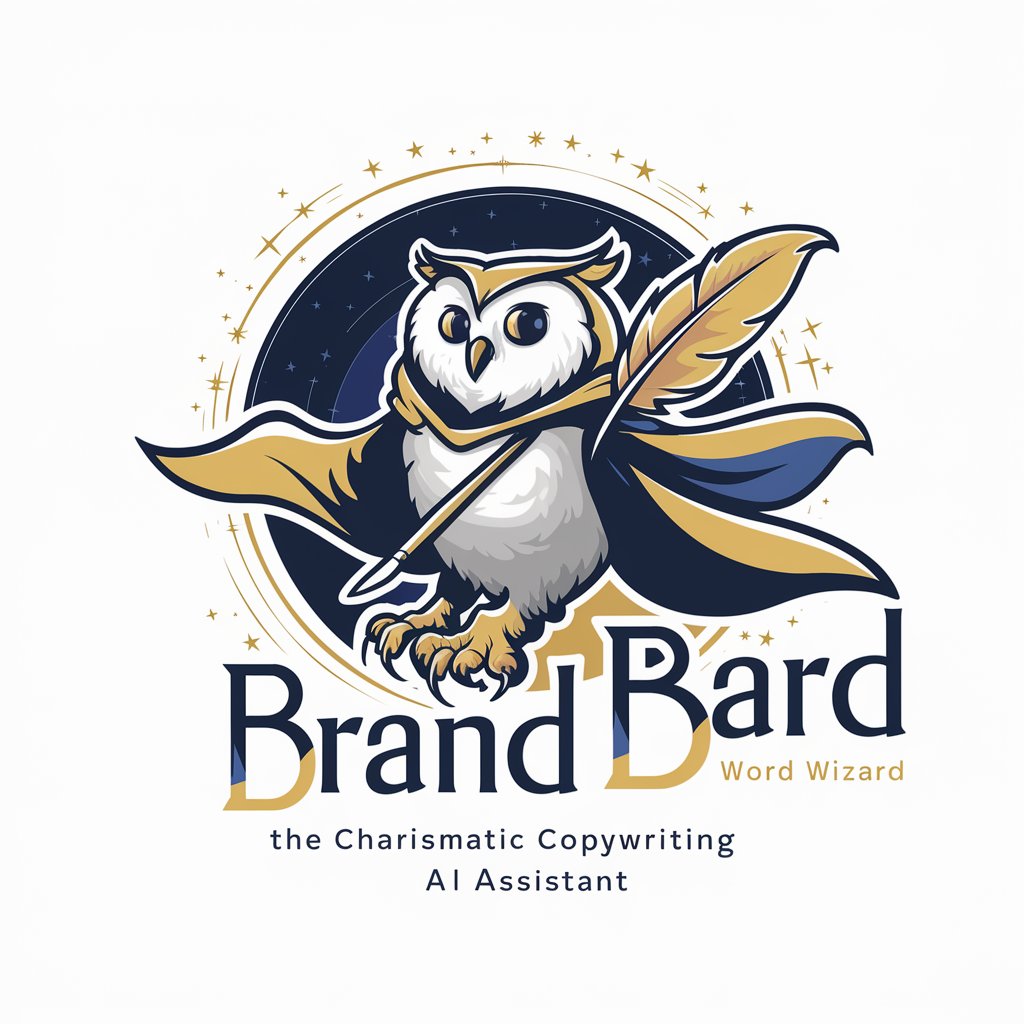
Brand Coach
Empower Your Brand Voice with AI

Brand awareness
Elevate Your Brand with AI
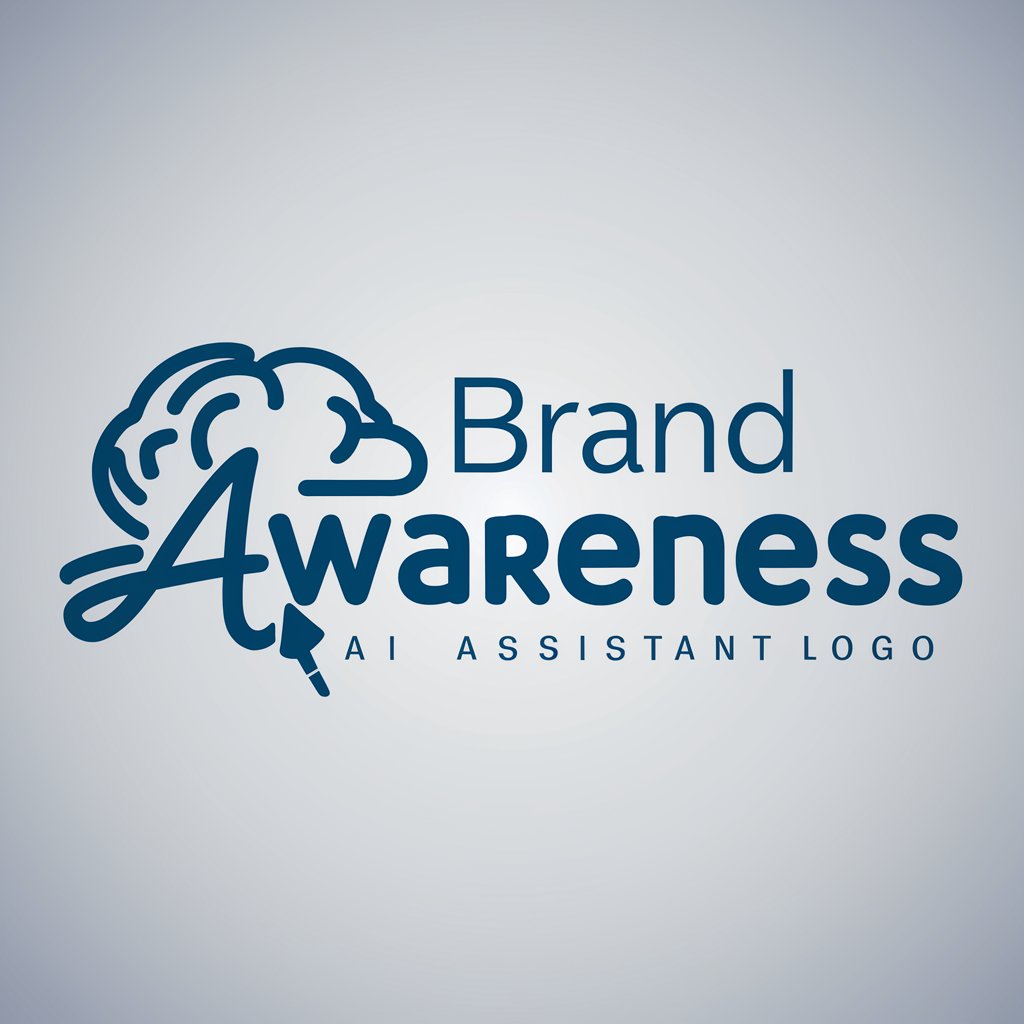
Medication Reminder
Stay on track with AI-powered reminders
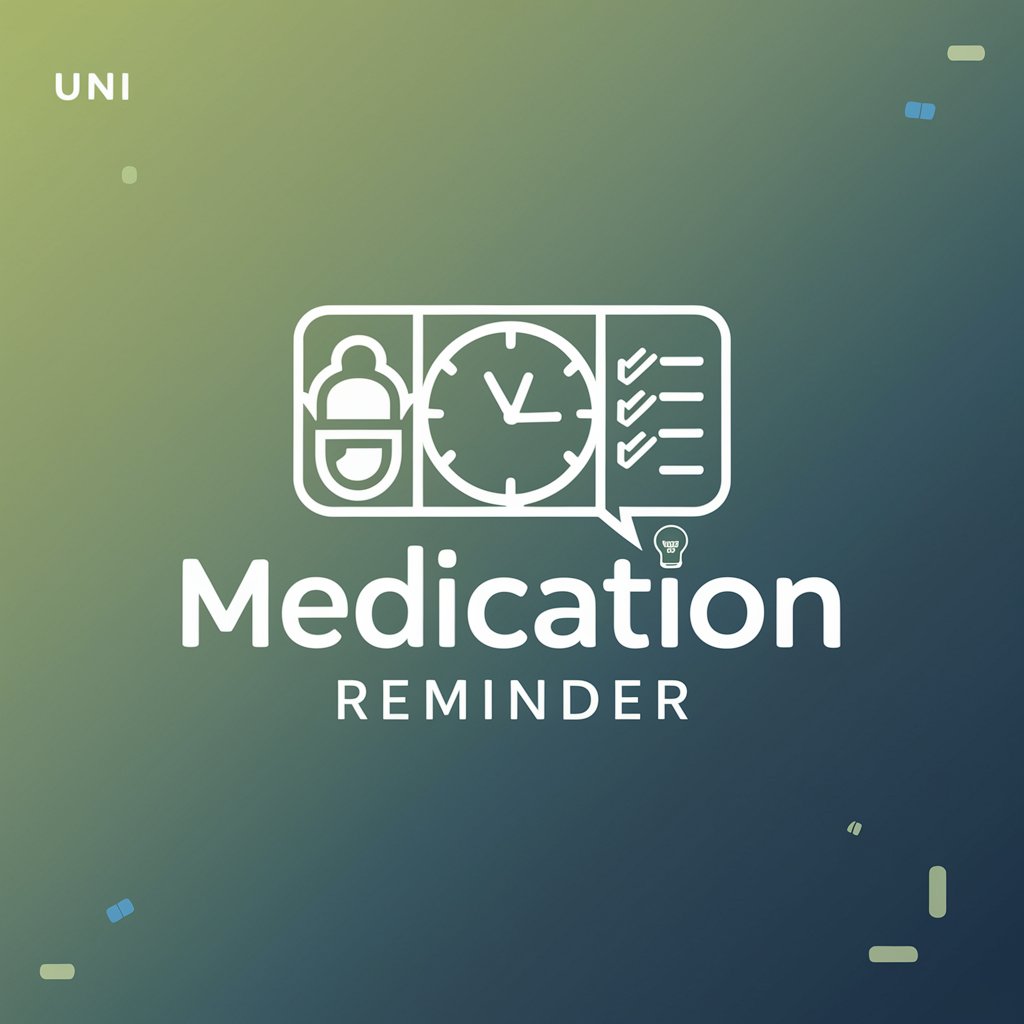
Medication script maker
Empowering Healthcare Communication
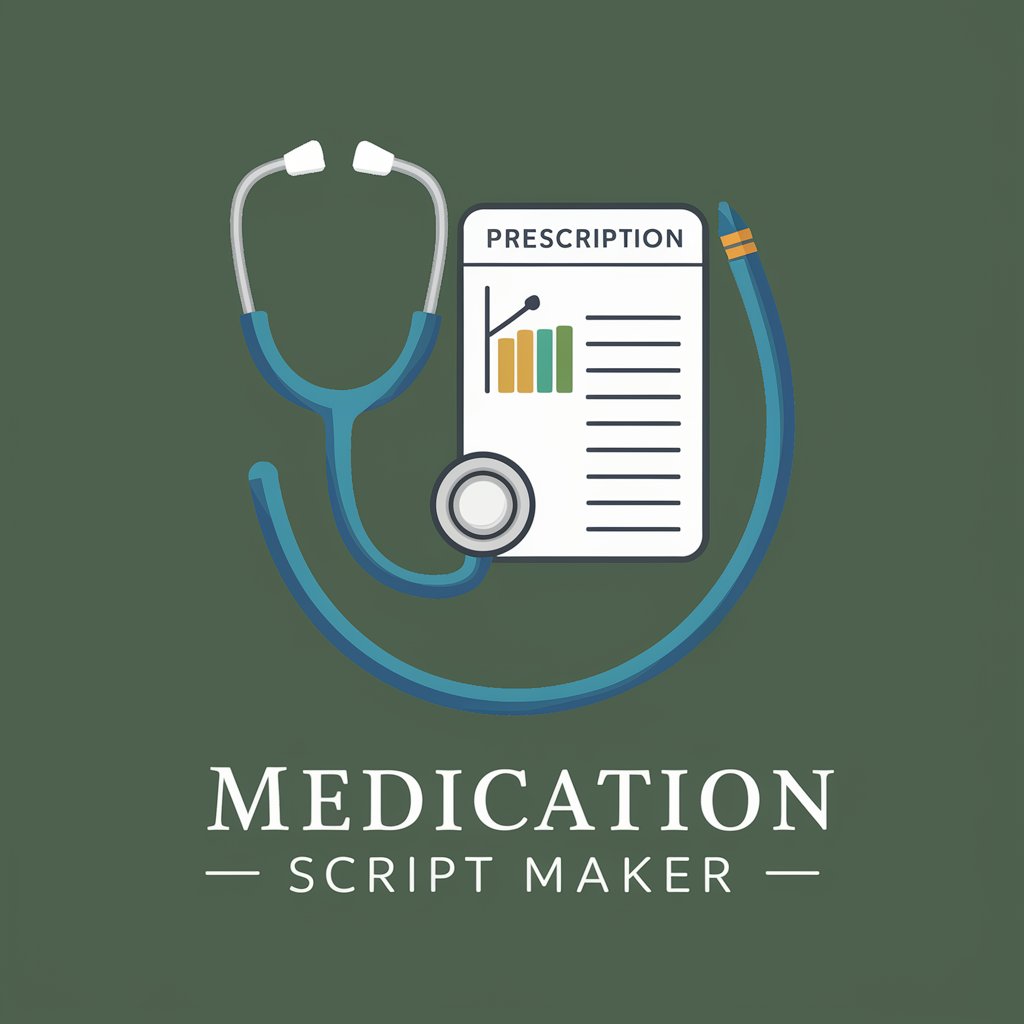
Nurse Frank’s Medication Guide
Unlock Medication Insights with AI

Medication Alternative Advisor
Empowering Medication Choices with AI
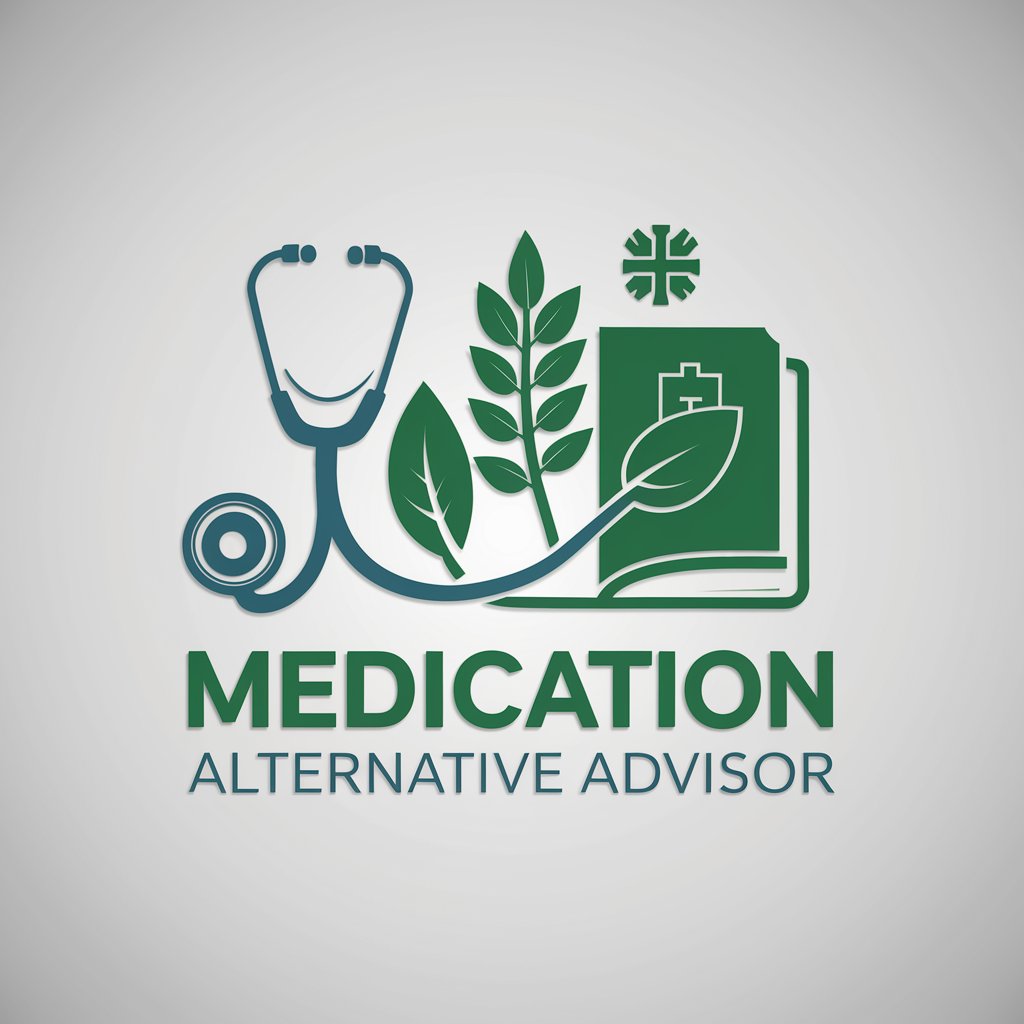
MEDICATION ADVISOR (SPG) 💊
Empowering Medication Decisions with AI
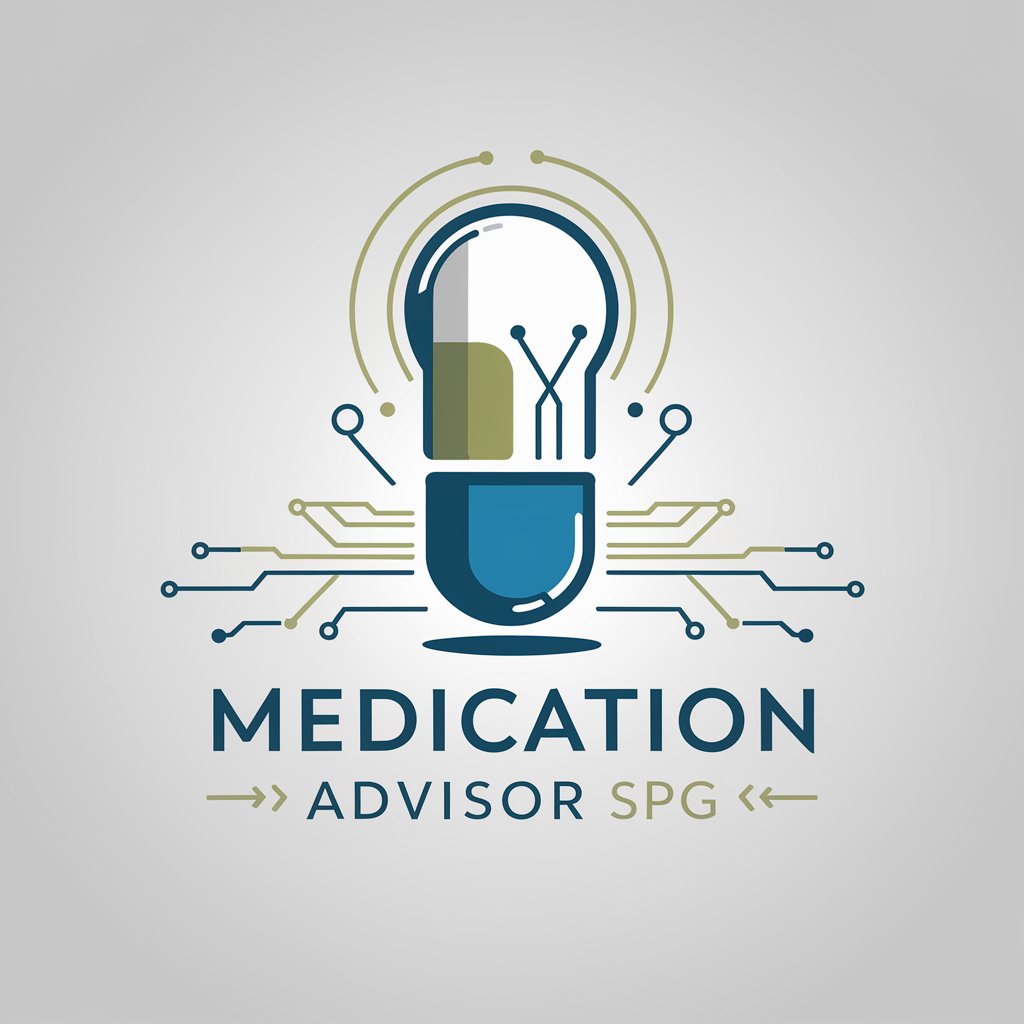
Meditation
Guided Mindfulness Anywhere, Anytime

Frequently Asked Questions About Medications
What kind of medical content can Medications generate?
Medications can produce a wide range of medical content, including drug information sheets, patient counseling points, medical education materials, and healthcare provider communications.
Is the content generated by Medications reliable?
While Medications leverages extensive data to produce accurate content, it is crucial for healthcare professionals to review this information within the clinical context and regulatory guidelines before use.
Can Medications help with medical research?
Yes, Medications can assist researchers by providing summaries of medical texts, generating hypotheses, or drafting research proposals and papers.
How does Medications handle complex medical terminologies?
Medications uses advanced algorithms trained on a wide array of medical texts to understand and accurately use complex medical terminologies in context.
Can Medications customize content for specific patient demographics?
Yes, Medications can tailor content based on specific demographic factors such as age, gender, and pre-existing conditions to ensure relevancy and appropriateness.
